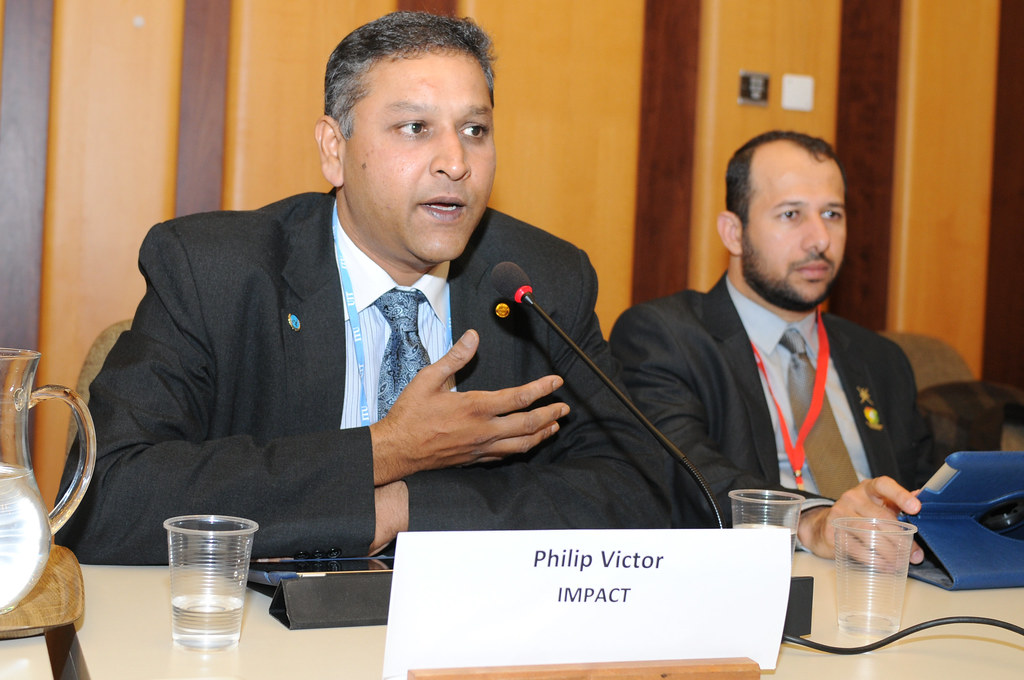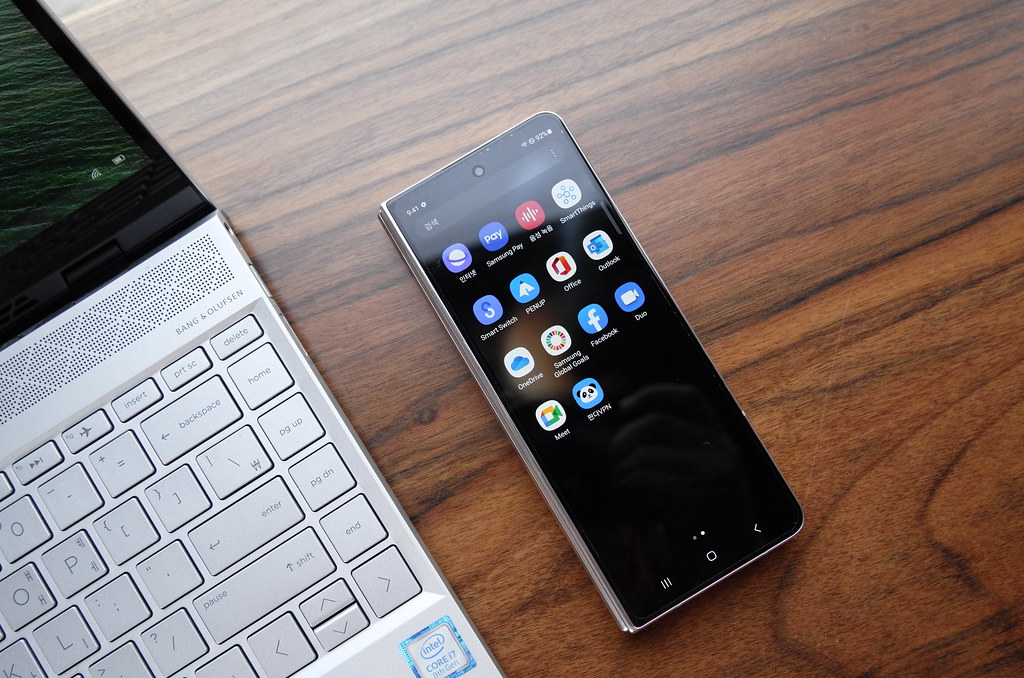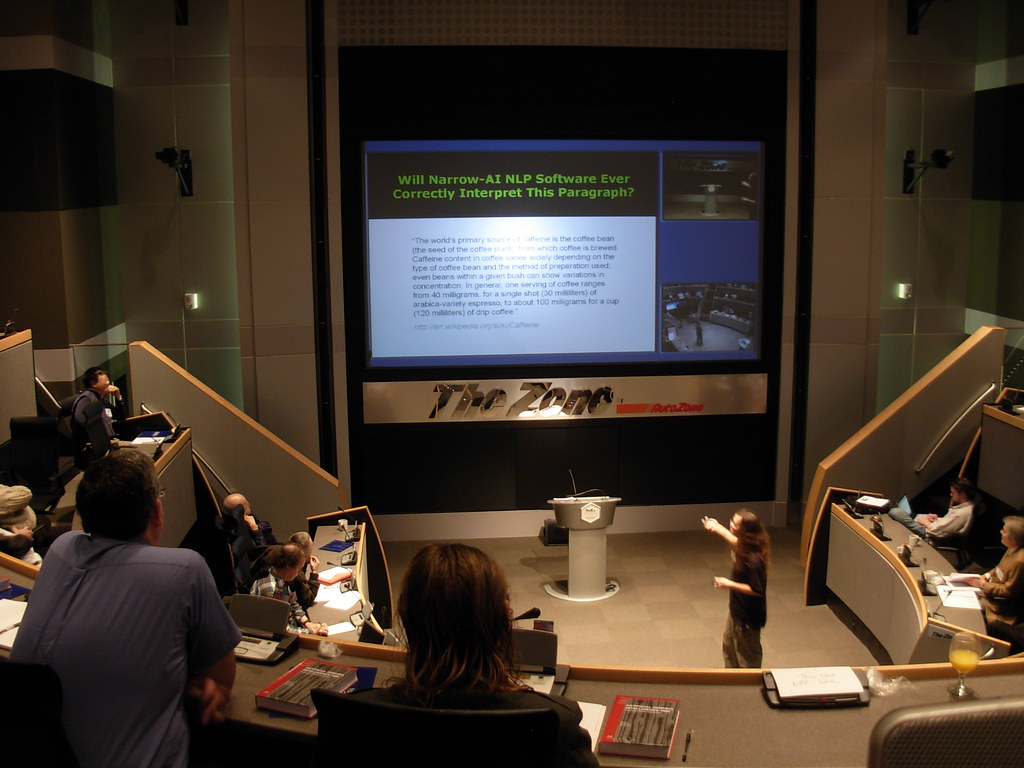
The glittering facade of celebrity life often hides a complex, high-stakes battle being waged behind the scenes. While fans marvel at perfectly curated vacation photos or effortless social media posts, few realize these seemingly spontaneous glimpses into a star’s world are often the result of an “army of digital security experts working behind the scenes, scrubbing metadata from those photos, analyzing potential threats, and ensuring that what looks like a spontaneous share is actually a carefully orchestrated privacy-protected post.” Welcome to celebrity privacy in 2025, where the pursuit of fame intersects dramatically with the imperative of digital invisibility.
In an era where a single security misstep can cost millions, the landscape of celebrity protection has undergone a radical transformation. Gone are the days when a physical bodyguard was the primary defense against public intrusion. Today, public figures face “something far more invasive i.e. hackers who can access their entire digital lives from thousands of miles away.” This new reality, highlighted by incidents like the 2014 “Celebgate” breach, which compromised “over 600 celebrity iCloud accounts,” has driven an urgent evolution in how fame is managed and protected. Jennifer Lawrence’s powerful statement describing the violation as a ” crime” underscores the profound emotional and financial toll of these digital intrusions.
The narrative of celebrity privacy in 2025 is a fascinating exploration of innovation, adaptation, and an ongoing technological arms race. It’s a world where advanced encryption, AI-driven monitoring, and highly specialized experts converge to create a formidable defense against an ever-growing array of digital threats. This article will peel back the layers of this sophisticated world, revealing the cutting-edge strategies and technologies that allow today’s stars to navigate their lives under the relentless glare of the digital spotlight while striving to maintain a semblance of personal security.

1. **The Evolution of Celebrity Privacy: From Physical Bodyguards to Digital Defenders**
The quintessential image of a celebrity protector has long been the imposing figure in a dark suit, shielding their client from paparazzi and zealous fans. However, the threats of 2025 have fundamentally reshaped this role, shifting much of the critical defense to an unseen, digital battlefield. While physical security remains vital, the modern celebrity’s most vulnerable points are often their digital footprints, making cybersecurity the new frontier of protection.
This paradigm shift isn’t merely a theoretical concept; it’s a response to a documented increase in targeted attacks. The numbers speak volumes: “Celebrities are targets in 89% of all entertainment industry cyber threats.” This staggering statistic highlights the immense value malicious actors place on compromising high-profile individuals, recognizing that a breach can yield significant financial gain or simply satisfy a desire for notoriety. The 2020 Twitter accounts compromise of figures like Barack Obama and Elon Musk, which netted “over $118,000 in Bitcoin within minutes,” serves as a stark reminder of the financial incentives at play.
The transition from physical to digital defense marks a maturation in understanding the multifaceted nature of public exposure. It acknowledges that privacy is no longer just about preventing physical access but about safeguarding an entire digital identity, from personal communications to online routines. This necessitates a proactive and technologically advanced approach, moving beyond reactive measures to establish robust, preventative digital fortresses. The “real wake-up call came earlier,” with the 2014 “Celebgate” incident illustrating the devastating emotional and financial consequences of digital vulnerability.

2. **The Critical Role of Digital Bodyguards in Cybersecurity**
Forget the outdated stereotype of physical protectors; the real heroes in modern celebrity security are the digital bodyguards. These aren’t your typical IT support staff; they are a highly specialized cadre comprising “former hackers, cybersecurity experts, and privacy specialists who understand both the technology and the unique psychology of fame.” Their expertise is so in demand that companies like BlackCloak and K2 Intelligence report cybersecurity work for millionaires as their “fastest-growing service.”
The functions of a digital bodyguard are extensive and remarkably proactive. Bryan Seely, an ethical hacker working with high-profile clients, succinctly outlines some core responsibilities: “We monitor network traffic, secure mobile devices, scan for personal information leaks across dark web forums, and ensure email accounts are encrypted.” These specialists are also responsible for scrubbing social media posts, removing “location-revealing metadata” and meticulously managing “access permissions across multiple team members.”
Their role extends to auditing smart home systems for hidden weaknesses. A striking example from a BlackCloak investigation revealed that “a celebrity client’s security cameras had misconfigured settings, causing them to broadcast an unencrypted feed onto the internet where attackers could access them.” This meticulous attention to detail and understanding “that their client’s every online move could end up on tomorrow’s front page” drives a 24/7 vigilance, ensuring every aspect of a celebrity’s connected life is secure.
Read more about: The Unavoidable $5 Million Annual Spend: Dissecting Kim Kardashian’s Essential Financial Commitments to Her Billion-Dollar Empire
3. **Securing Communications: Why Celebrities Choose End-to-End Encryption (Signal & ProtonMail)**
In an age where casual texts can become headline news, celebrities have turned to advanced encryption to create impenetrable communication channels. Signal, with its “estimated 40-70 million monthly users,” has become a go-to platform for public figures who recognize that “regular text messages are about as private as billboards.” Its core strength lies in “end-to-end encryption,” meaning “only the sender and receiver can read messages even Signal itself cannot access them.”
Signal’s credibility extends beyond mere celebrity endorsement, gaining significant validation when “it was revealed that government officials were using Signal group chats to coordinate military operations.” This high-stakes usage demonstrates the app’s formidable security, proving that “if it’s secure enough for national security discussions, it’s certainly robust enough for celebrity communications.”
Smart celebrities, however, employ a multi-layered approach, refusing to “put all their digital eggs in one basket.” Many complement Signal with “ProtonMail for encrypted email services,” which offers “Swiss legal protections and zero-access encryption.” This creates “multiple secure communication channels if one platform is compromised, others remain protected.” The strategy involves “separate Signal accounts for different contexts, regular verification of safety numbers with frequent contacts, and disappearing messages for sensitive conversations,” akin to “having different keys for different rooms in a very secure house.”

4. **Navigating the Web Invisibly: The Power of VPNs for Public Figures**
For celebrities whose lives involve constant travel and ubiquitous digital presence, maintaining an invisible online footprint is paramount. This is where Virtual Private Networks, or VPNs, become indispensable tools. A VPN, such as Astrill VPN, functions by “encrypts internet traffic and masks IP addresses, making it nearly impossible for hackers, ISPs, or governments to track online activity or determine real locations.” This protection is absolutely “essential” for public figures “constantly traveling and connecting to public Wi-Fi networks in hotels, airports, and venues.”
The benefits extend beyond mere security; VPNs allow celebrities “to access Netflix, Hulu, or regionally unavailable content” while simultaneously “securing connections for international business transactions.” This seamlessly blends “privacy protection and practical convenience rolled into one,” addressing both security and access needs for globally mobile public figures.
The distinction between consumer-grade and professional-grade VPNs is critical for high-stakes users. The “key insight” for celebrities is that “Premium VPN services use military-grade encryption that free providers simply can’t afford to offer.” Given that “privacy breaches can cost millions,” the investment in robust, professional-grade VPN services is not merely an option but “a no-brainer.”

5. **Fortifying the Smart Home: Advanced Security for Connected Living**
The allure of smart home technology, with its convenience and automation, is undeniable, even for celebrities. However, for public figures, these interconnected devices can become “security nightmares” if not managed with extreme vigilance. The risks are substantial: “Smart speakers don’t just respond to voice commands, they’re constantly listening, potentially recording private conversations, and storing data that could be accessed by hackers or even subpoenaed in legal proceedings.”
Despite these significant risks, many celebrities have embraced smart home technology, but only with “massive security upgrades.” “Bill Gates’ Washington mansion” exemplifies this with “a dedicated external server system specifically designed to handle connected gadgets safely,” establishing “separate, professional-grade infrastructure for smart home management” as the “celebrity standard.”
The difference in smart home implementation is profound. Celebrity homes are subjected to rigorous, ongoing security protocols, including “weekly penetration testing and regular network scans for malware, botnets, and other security issues.” This “ongoing vigilance” is essential for high-profile targets who face constant, sophisticated threats, transforming smart homes from potential liabilities into fortified sanctuaries.
Read more about: Smart Lock Vulnerabilities: 9 Critical Flaws That Threaten Your Home Security

6. **Mastering Social Media: Strategic Posting in a Scrutinizing World**
Social media, while a powerful platform for connecting with fans, presents an extraordinary privacy balancing act for celebrities. What appears to be a casual post is often the culmination of a meticulously planned “security operation.” “Every celebrity social media post goes through a process most fans never see,” involving “Professional social media managers” who “routinely vet posts for hidden location data and manage access across multiple team members.”
The stakes associated with social media are “enormous.” Careless posting “can unintentionally reveal information that malicious actors use to compromise safety, such as real-time location updates, routine patterns, or personal details.” Even “a single carelessly tagged location or timestamp can provide criminals with everything they need,” highlighting the direct link between online presence and physical security.
A key operational security practice for smart celebrities is the “delayed posting strategies,” where photos or updates are shared “only after leaving a location and limiting details that could reveal schedules or frequent habits.” These seemingly “simple operational security practices can mean the difference between privacy and vulnerability,” transforming an inherently public platform into a carefully controlled projection of their image.
The dazzling lives of public figures are increasingly safeguarded by a comprehensive suite of AI-driven strategies that extend far beyond individual privacy tools. As we delve deeper into 2025, the focus has shifted towards proactively shaping and protecting a celebrity’s public image, utilizing artificial intelligence to navigate the complex landscape of reputation management. This involves a multi-faceted approach, transforming everything from how potential crises are detected to how positive narratives are consistently built and maintained.

7. **AI-Powered Crisis Management: Real-time Threat Detection and Alerting Systems**
In the relentless digital world of 2025, where narratives can ignite and spread globally in moments, real-time threat detection and alerting systems powered by AI are an indispensable asset for celebrity reputation management. These sophisticated systems continuously monitor an immense volume of online conversations, news feeds, and social media for any mention of a celebrity that could signal a brewing crisis. AI algorithms are precisely engineered to identify these subtle indicators.
These advanced AI systems transcend basic keyword searches by analyzing complex patterns, discerning sentiment nuances, and tracking the velocity and spread of narratives across diverse platforms. They provide a level of speed and breadth in monitoring that human analysts simply cannot match, ensuring comprehensive coverage of all relevant digital channels. This allows reputation management teams to gain crucial insights and respond with unparalleled swiftness.
The stakes for public figures are incredibly high; a minor misstep can escalate into a career-threatening scandal if not addressed immediately. AI’s predictive capability helps differentiate between organic discussions and orchestrated misinformation campaigns, providing a critical advantage in understanding the true nature and potential impact of a threat. This proactive identification is the first, crucial line of defense.

8. **AI-Driven Crisis Response and Strategic Communication**
Once a potential threat is identified, AI becomes an invaluable partner in crafting agile and strategic crisis responses. The principle of “rapid acknowledgment of issues” and “clear, authentic messaging,” as outlined in established crisis communication plans, is significantly amplified by AI’s capabilities. It transforms the reactive process into a data-informed, proactive engagement.
Advanced Natural Language Processing (NLP) models can analyze a vast archive of past celebrity responses, both successful and unsuccessful, to suggest optimal wording, tone, and appropriate platforms for dissemination. This ensures that the messaging not only aligns with the celebrity’s established brand identity but also resonates effectively with the target audience, minimizing potential backlash and reinforcing trust.
Moreover, the iterative nature of crisis response benefits immensely from AI’s real-time feedback loop. As initial communications are released, AI systems monitor public reaction, gathering sentiment and engagement data that can inform immediate adjustments. This dynamic, adaptive communication strategy allows teams to fine-tune their messaging on the fly, a critical advantage in an age where public opinion can shift within minutes.
AI accelerates every step, from threat detection to drafting and dissemination, granting celebrities a vital edge. In the digital realm, where a slow response is often perceived as a damaging one, this speed is paramount. It ensures that public figures can effectively manage narratives before they spiral out of control.
Read more about: The Autonomous Age: How Driverless Tech is Set to Revolutionize Senior Mobility, Independence, and Community Connection

9. **The Role of Search Engines and AI in Reputation**
The perception of celebrities is profoundly shaped by what appears on the first page of search engine results, a domain where AI now plays an increasingly dominant role. As the context states, “Search engines like Google heavily influence how fans, journalists, and potential business partners perceive celebrities.” If controversies or scandals dominate these initial results, rebuilding trust and credibility becomes an arduous, often impossible, task.
AI significantly enhances both “Search Engine Suppression” and “Positive SEO Campaigns,” transforming how negative information is managed and positive content is promoted. AI algorithms meticulously analyze search queries and user behavior to identify detrimental links, then strategically boost positive articles, interviews, and verified biographies. This involves AI-driven content scheduling, keyword optimization, and continuous refinement of SEO strategies.
Furthermore, AI proves instrumental in “Image SEO,” ensuring that professional, brand-aligned photographs of a celebrity consistently outrank unflattering paparazzi shots or potentially harmful visuals in image search results. This is a critical component of visual branding, safeguarding the celebrity’s aesthetic and public persona in a visually driven digital landscape.
This isn’t a one-time fix; it’s an ongoing, dynamic process. AI continuously monitors search engine rankings, adapting strategies as algorithms evolve, ensuring a sustained positive digital footprint. The constant, data-informed adjustments provided by machine learning are essential for maintaining a resilient online presence over time.
Read more about: The Art of Pimping Your Ride: 15 Groundbreaking Car Customization Trends for 2025

10. **Long-Term Reputation Building: AI for Philanthropy and Narrative Consistency**
Beyond crisis mitigation, AI is increasingly instrumental in proactive, long-term reputation building, a process focused on cultivating a sustainable and positive public image. As outlined in the core strategies for celebrities, this is about strategic brand building that withstands the test of time, emphasizing sustained positive value rather than just damage control.
AI can assist celebrities in identifying charitable initiatives that genuinely resonate with their personal values and public persona, while also aligning with audience demographics for maximum authentic impact. AI-assisted content creation platforms, such as ReelMind.ai mentioned in the context, then enable the production of compelling visual narratives about this philanthropic work, ensuring widespread positive coverage and reinforcing a celebrity’s altruistic image.
The principle of “Consistent Branding” and controlled “Transparency” is also significantly enhanced by AI. Advanced AI models help maintain a uniform voice, visual style, and thematic consistency across all media appearances, interviews, and digital campaigns. This ensures that whether a celebrity is engaging in a formal interview or a casual social media post, their desired persona is consistently projected, fostering familiarity and trust with their audience.
Moreover, AI can play a role in crafting “Resilience Narratives.” By analyzing public sentiment around past celebrity struggles, AI can identify strategic opportunities to frame personal growth journeys effectively. This allows for thoughtful storytelling that transforms past negatives into inspiring narratives of overcoming adversity, further humanizing the celebrity and deepening audience connection.

11. **The Psychology of Public Perception: Leveraging AI for Deeper Understanding**
At its heart, celebrity reputation is a psychological construct, with public perception profoundly shaped by audience psychology. The context rightly observes that “Celebrities are brands, and public perception is shaped by psychology,” introducing key concepts like “Parasocial Relationships” and “Confirmation Bias” that govern how fans interact with and interpret a star’s actions.
AI significantly enhances the understanding of these intricate psychological dynamics, moving beyond superficial engagement metrics. AI-driven sentiment analysis can now gauge the depth of fan connection, identify key communities that exhibit strong “Parasocial Relationships,” and pinpoint specific content or actions that resonate most emotionally. This invaluable insight allows for the tailoring of content and communication strategies for deeper, more meaningful audience engagement.
Crucially, AI helps address the challenge of “Confirmation Bias,” where once a negative narrative takes root, audiences tend to interpret future actions through that lens. By understanding these patterns, AI-powered strategies can identify moments to deploy counter-narratives or strategically introduce positive content that gently challenges preconceived notions, helping to break negative cycles and shift public opinion.
Leveraging AI’s analytical power to understand these psychological underpinnings is vital for both effective reputation recovery and proactive brand building. It moves beyond reactive crisis management to provide deep, data-informed insights into the human mind, allowing celebrities to forge more authentic and resilient connections with their audience in a transparent yet controlled manner.

12. **Collaboration with Professionals: The AI-Augmented Human Element**
In this sophisticated landscape, AI does not replace human expertise but profoundly augments it, emphasizing the crucial role of “Collaboration with Professionals.” Services like Defamation Defenders, explicitly mentioned in the context, leverage AI as the engine powering their advanced strategies, demonstrating how human judgment and technological prowess combine for optimal outcomes.
These professional services utilize AI tools to “Remove Harmful Content,” “Suppress Negative Results,” “Promote Positive Narratives,” and “Monitor Online Presence” with unparalleled efficiency and precision. AI acts as the tireless analyst and executor, freeing up human strategists to focus on nuanced decision-making, legal frameworks, and the complex psychological aspects of public relations.
The key insight, as underscored by the context, is that “no single solution provides complete protection.” Instead, a layered approach, combining the vigilance of professional digital bodyguards, the impregnability of advanced encryption, and the strategic foresight of AI-driven reputation management, creates formidable barriers against even the most sophisticated threats. The human strategist, empowered by AI insights, makes informed, ethical, and highly effective decisions.
Ultimately, celebrity reputation management in 2025 transcends a mere option; it is an indispensable component of modern fame. It’s about leveraging every available tool—from sophisticated AI to seasoned human expertise—to take back control of narratives, safeguard career opportunities, and maintain invaluable fan trust in an increasingly AI-driven digital world. This synergy defines the path to sustained public influence.
The landscape of celebrity privacy and reputation in 2025 is an intricate tapestry woven from cutting-edge technology, psychological insights, and human ingenuity. It’s a world where digital invisibility is often the highest form of fame, and where AI has become the silent architect of public perception. From the meticulously secured smart home to the strategically crafted social media post, every facet of a public figure’s digital existence is now a battleground. Yet, within this technological arms race, lies the unprecedented opportunity to not just react to threats, but to proactively sculpt a resilient, authentic, and enduring public image. The future of celebrity is not just about being seen, but about intelligently controlling what is seen, and by whom, ensuring that the spotlight illuminates their chosen narrative rather than exposing their vulnerabilities.




